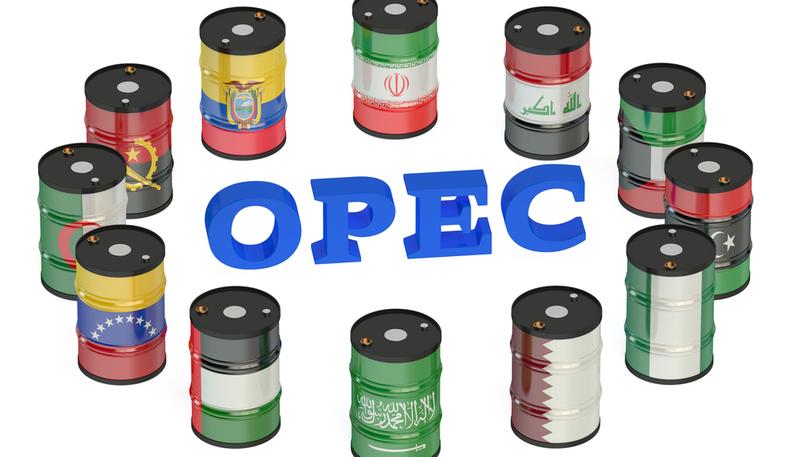Later today, OPEC/non-OPEC Joint Ministerial Monitoring Committee (JMMC) will be meeting in Algiers, Algeria. The (JMMC) consists of six countries, namely- Saudi Arabia, Kuwait, Venezuela, Algeria, Oman, and Russia. The committee was formed following OPEC/non-OPEC output cuts deal to monitor the members’ output cuts conformity levels.
In its meeting, the JMMC committee review the plan for monitoring overall market fundamentals and conformity levels of output cuts for the remainder of 2018, as well as the framework of cooperation to be established in 2019 and beyond between OPEC and non-OPEC oil producers. The meeting will discuss the current policy of output cuts and what are the adjustments that should be done to prevent any oil price hike.
Here is what to expect
- The most important meeting outcome is predetermined and that is OPEC/non-OPEC members have to produce more oil to prevent any oil price hike in the coming months. This is due to the following reasons:
- Higher oil prices could derail global economy as it leads to higher inflation rates which is a key risk to economic growths as it forces central banks to hike interest rates more quickly.
- Recent comments by U.S. President, Donald Trump on higher oil prices and that OPEC must reduce oil prices, reminding the Gulf oil producers that U.S. is one country that protects them. In different words, “I protect you, you must follow what I say. Get prices down.”
- A consensus among oil consumers including China, India and others that oil price above $80/bbl it a bit too high.
- A decision by OPEC/non-OPEC members to reduce output cuts compliance with existing cuts from above its current level above 100% to somewhere below 100% conformity level. That means, a decision to produce more to counter falling supply from Iran due to looming U.S. sanctions on Iran.
- Who will produce more? Probably Saudi Arabia, Iraq, United Arab Emirates, Russia and few others. Not many oil producers have spare capacity enough to increase their oil outputs, and therefore, only a few oil producers from OPEC and non-OPEC will be able to increase their oil output and consequently oil revenues, while others will see no change to their oil output and revenues. This is one of the challenges facing OPEC in its JMMC meeting today as all OPEC production policy decisions must gain 100% approval from all members.
- By how much oil output should be increased? Given the current oil output declines in Venezuela and expected oil output decline from Iran, OPEC/non-OPEC should be looking at increasing oil output by around 500,000 barrels per day. That means, reducing oil output cut to 1.3 million barrels per day.
- Iran is expected not to attend the meeting as stated by its Energy Minister, and therefore block any policy decision by OPEC to increase oil output. Iran’s reason for not attending its quite clear, the country will gain nothing out of this meeting as its production/exports are expected to fall due to U.S. sanctions. In fact, Iran market share will be distributed among oil producers who are able to pump more oil.
- Winners and Losers out of this meeting:
- Winners: Saudi Arabia, Iraq, Russia, UAE and all other oil producers who have enough spare capacity to pump more.
- Losers: Iran, Venezuela, and possibly Libya as these countries losing market share.

